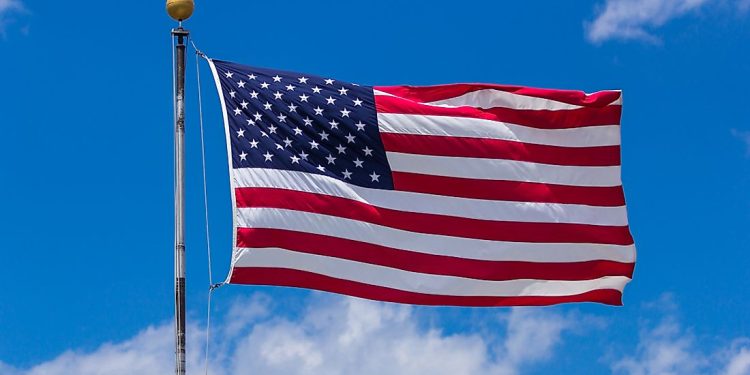A wave of fear has swept through the Nigerian community in the United States following President Donald Trump’s aggressive crackdown on undocumented immigrants.
Professor Nimi Wariboko, a Social Ethics scholar at Boston University, highlighted these concerns during a virtual appearance on the Friday edition of Inside Sources with Laolu Akande, a socio-political program on Channels Television.
“Here, of course, there are a good number of Nigerians that don’t have papers. So, they are worrying,” Wariboko stated, describing the anxiety among undocumented Nigerians just three weeks after Trump resumed his second term on January 20, 2025.
He painted a grim picture of life for many Nigerian immigrants, noting that fear of deportation has driven some into hiding. “If you are a pastor, if you are a leader in those communities, you are worried for those people; you have concerns for them. Are they going to be deported? Some of them are hiding – there is that palpable fear that they could be raided. If you quarrel with your neighbors, they can call the immigration enforcement unit. They are fearful, they are angry, they don’t know what is going to happen.”
The Impact of Trump’s Policies on Nigerian Immigrants
Trump has vowed to deport undocumented immigrants en masse, describing them as “criminal aliens.” His administration has already overseen sweeping raids at homes, schools, workplaces, and shopping centers, resulting in deportations to countries such as India and Guatemala. While his supporters have praised the policy, critics argue that it is excessively harsh and disruptive to families.
Wariboko noted that many undocumented Nigerian immigrants feel abandoned by their compatriots back home. “They are saying at the end of the day, if this great replacement holds, they are going to be sent back home. Do you have jobs to absorb them?” he asked, pointing to Nigeria’s struggling economy and lack of employment opportunities.
Even Nigerians with legal residency or U.S. citizenship could face uncertainties, he warned, especially if Trump follows through on his proposed reversal of birthright citizenship laws. This could have far-reaching consequences for many families.
The Economic Consequences for Nigeria
Wariboko urged the Nigerian government to take a more proactive role in advocating for its citizens in the U.S., emphasizing the economic impact mass deportations could have on Nigeria.
“They are saying even if you don’t like us, people in the U.S. send billions of dollars home every year to sustain the Nigerian economy, to sustain their families. Even for the sake of economic interest, Nigeria should care about that because there is money that comes from here to sustain different families,” he argued.
“For many families, if they didn’t have people abroad in Europe, in Asia, in the United States, or Canada their economic well-being would be far worse than what they have in the country. If people understand that policies should defend economic interests, they will see the need to protect their fellow citizens because it is in Nigeria’s national interest.”
Citing a 2023 World Bank report, Wariboko pointed out that remittances from Nigerians abroad totaled $20 billion, underscoring the diaspora’s crucial role in supporting Nigeria’s economy.
A Recurring Pattern
Trump’s immigration policies are reminiscent of his first term, when he placed Nigeria on a travel restriction list in 2020 due to alleged non-compliance with identity management and information-sharing criteria. As of 2015, official sources estimated that around 376,000 Nigerian immigrants resided in the U.S., making Nigeria the largest source of African immigration to the country.
The U.S. remains a top destination for Nigerian youths and middle-class professionals seeking better opportunities. However, with Trump’s renewed crackdown on immigration, the fate of many Nigerians in the U.S. hangs in the balance, raising urgent questions about their future and Nigeria’s preparedness to receive a possible influx of returnees.



















